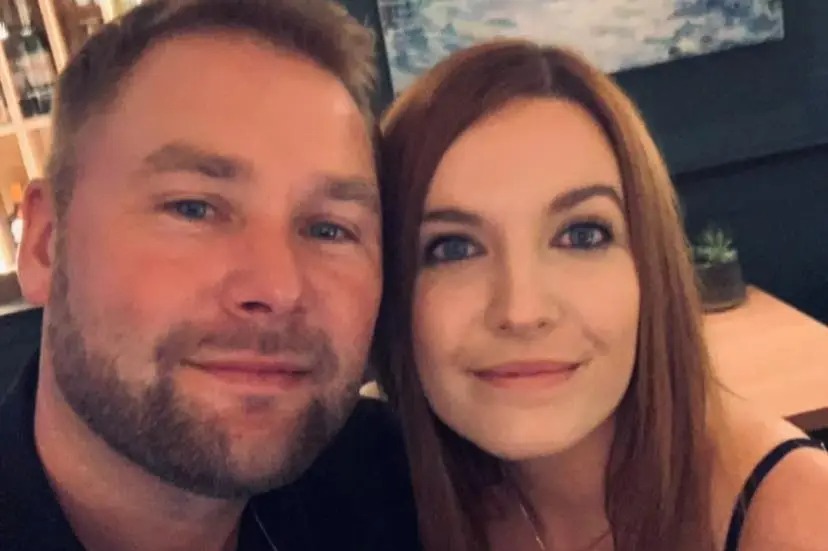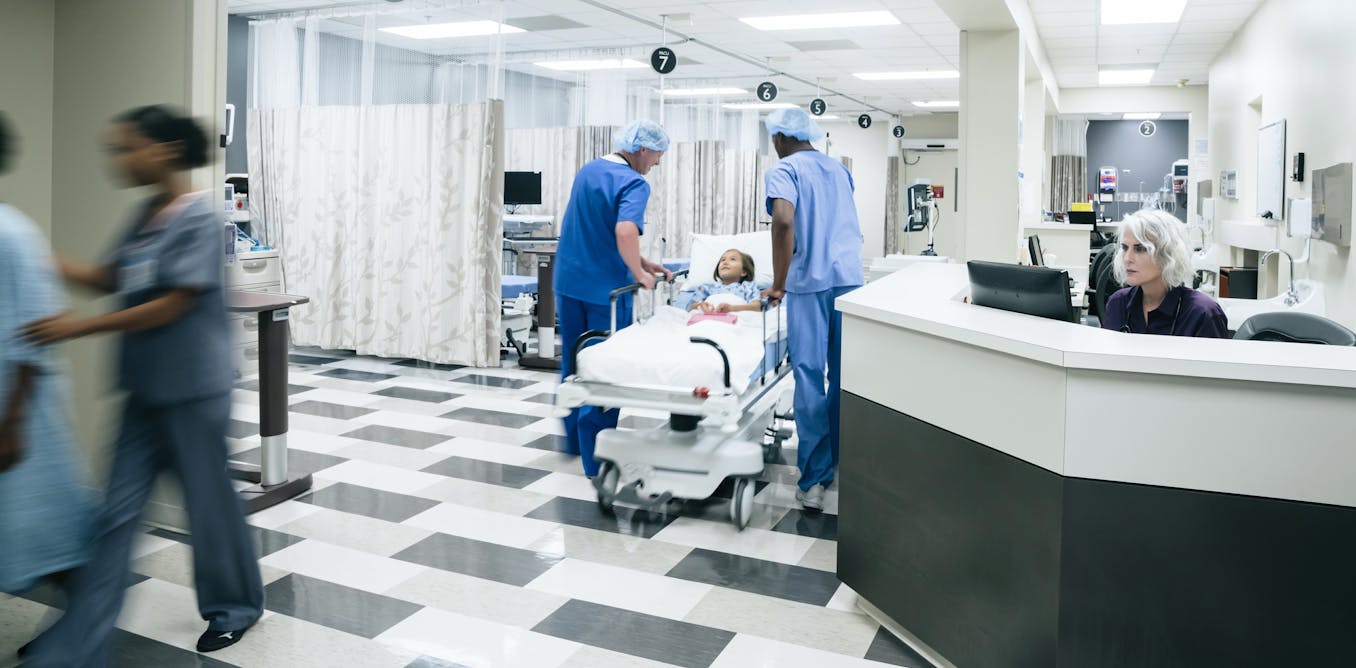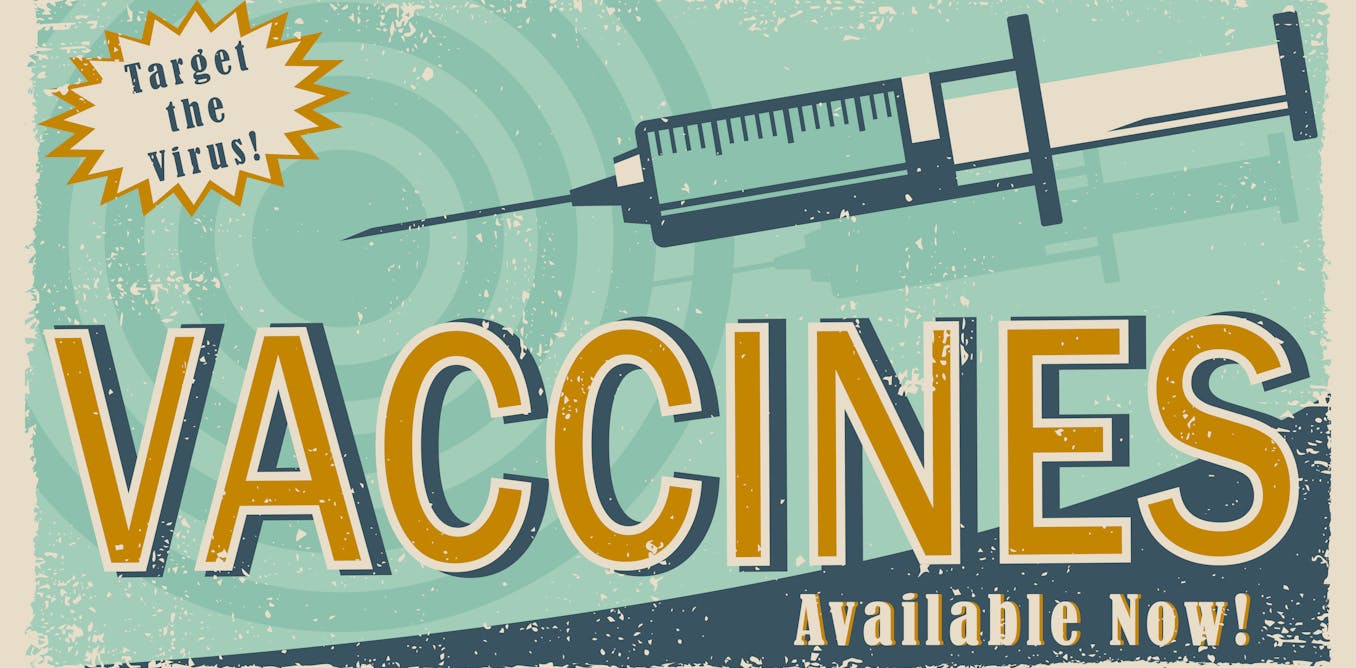A TALENTED DJ who worked with a British legend and featured on BBC radio has tragically died from a rare cancer.
Music producer Danny Stubbs lost his fight for life after a year-long battle, leaving family and friends heartbroken.
2

2
Dad-of-one Danny was diagnosed with rare Stage 4 oesophageal adenocarcinoma in August 2023.
Doctors told him that the cancer was inoperable and had spread to his lymph nodes and bones in his spine.
The music lover battled on but he tragically died at St Luke’s Hospice in Winsford on August 24.
Danny began his career DJing at clubs in Hanley in the early 2000s before enjoying a career that took him across the world, with residencies at Gatecrasher and sets at Ministry of Sound.
He also remixed for U2 and Ariana Grande, as well as working with Paul Oakenfold.
Danny was a father to Leah, 19, a brother to Lee, Shaun and Kenny and son to Gary and Angela.
His wife Danielle Stubbs, 33, described him as “the most beautiful person inside and out”.
Danielle told StokeonTrentLive: “His attitude from the beginning was incredible.
“He didn’t want to listen to the prognosis, and he wanted to prove to the doctors that they were wrong.
“I know he was fighting to be with me. The last few months have been incredibly hard, but he was so strong.
“It’s not fair, but life went this way. It’s hard to even think about the future, because it’s not the life that we imagined. I just want to keep making him proud.”
Danny, also an electrical engineer for United Utilities, remained active after his diagnosis, skiing, running half marathons, climbing mountains and performing.
Danielle added: “My heart breaks for everyone that loved him too, his daughter Leah, both our families and all his friends. Danny was the most beautiful person inside and out. He had a sparkle in his eyes and a smile that would light up a room.
“I’m unbelievably proud of all he achieved, and I would like to thank everyone that has supported Danny’s music throughout the years, his legacy will live on forever.
“I would also like to thank all those loved ones who supported us throughout the last 12 months and for all the comforting words of condolence since Danny’s passing.
“I’m so proud of how Danny fought to stay with me, he never gave up and his mentality was so strong even up until the end. Danny still wins. Taking care of him was the greatest privilege, loving him was an honour.
“I am so grateful for the time we had together but it would have been selfish of me to keep him when the cancer was cruel. Danny is no longer in pain and at peace now.
“The most beautiful person, loved by everyone. I will treasure our love forever. I love you, I miss you and will see you on the other side my sweet husband.”
His funeral will be held in Crewe on Thursday September 19.
What is Oesophageal Cancer?
Some 9,200 Brits are diagnosed with oesophageal cancer every year in Britain, with 8,000 dying.
Symptoms include having difficulty swallowing, feeling or being sick, heartburn, acid reflux and indigestion.
Most people do not realise they have a problem until they struggle with swallowing, at which point the disease may be too advanced to treat easily.
If a doctor suspects you have the disease, the current test is a gastroscopy — a type of endoscopy that involves sending a camera down your throat.
Treatments depend on the size and type of oesophageal cancer a patient has, where it is, if it has spread and their general health.
Surgery can be performed if the cancer has not spread and they may also be given chemotherapy, radiation and immunotherapy.
There are many possible symptoms of oesophageal cancer, but they might be hard to spot.
They can affect your digestion, such as:
- having problems swallowing (dysphagia)
- feeling or being sick
- heartburn or acid reflux
- symptoms of indigestion, such as burping a lot
Other symptoms include:
- a cough that is not getting better
- a hoarse voice
- loss of appetite or losing weight without trying to
- feeling tired or having no energy
- pain in your throat or the middle of your chest, especially when swallowing
- black poo or coughing up blood (although these are uncommon)
Source: The NHS




